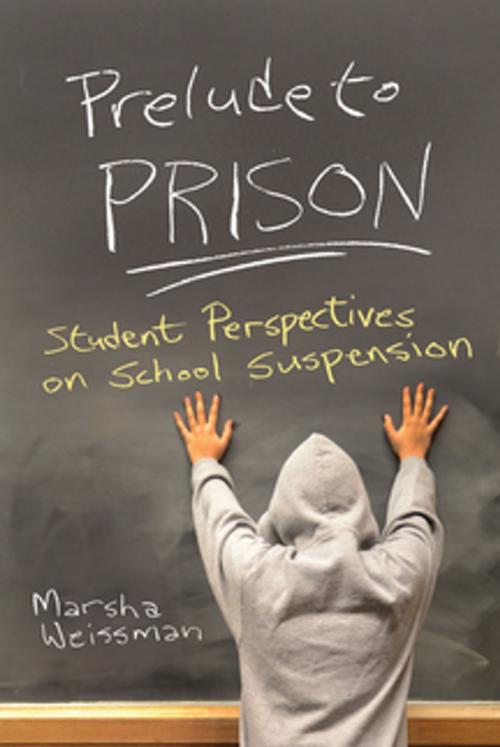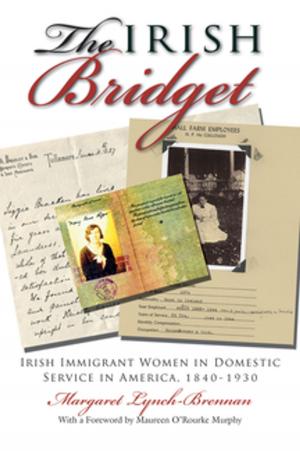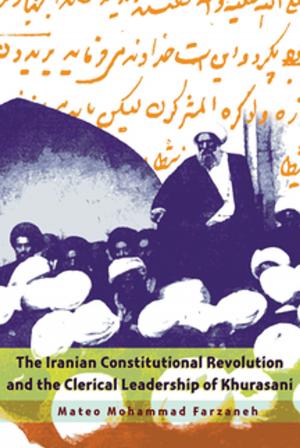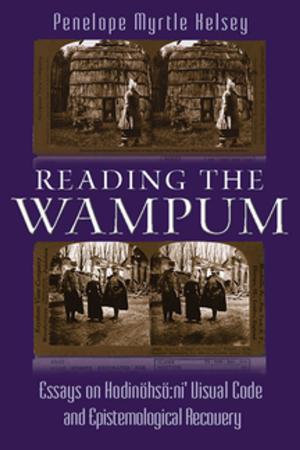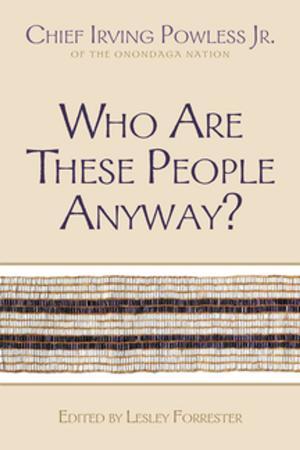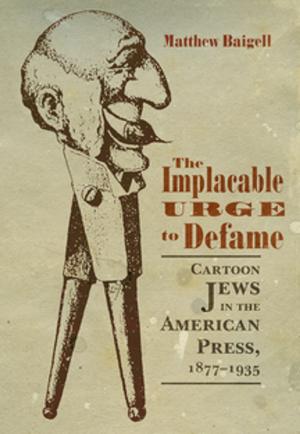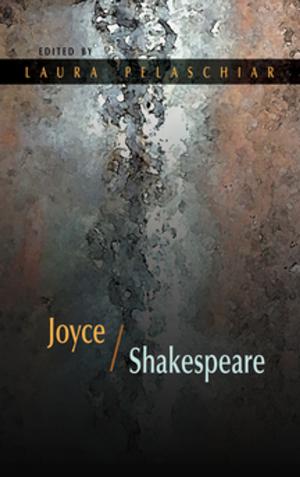Prelude to Prison
Student Perspectives on School Suspension
Nonfiction, Social & Cultural Studies, Social Science, Discrimination & Race Relations, Cultural Studies, African-American Studies, Reference & Language, Education & Teaching| Author: | Marsha Weissman | ISBN: | 9780815652984 |
| Publisher: | Syracuse University Press | Publication: | January 8, 2015 |
| Imprint: | Syracuse University Press | Language: | English |
| Author: | Marsha Weissman |
| ISBN: | 9780815652984 |
| Publisher: | Syracuse University Press |
| Publication: | January 8, 2015 |
| Imprint: | Syracuse University Press |
| Language: | English |
By the close of the twentieth century, the United States became known for its reliance on incarceration as the chief means of social control, particularly in poor communities of color. The carceral state has been extended into the public school system in these communities in what has become known as the "school-to-prison pipeline." Through interviews with young people suspended from school, Weissman examines the impact of zero tolerance and other harsh disciplinary approaches that have transformed schools into penal-like institutions. In their own words, students describe their lives, the challenges they face, and their efforts to overcome those challenges. Unlike other studies, this book illuminates the students’ perspectives on what happens when the educational system excludes them from regular school.
Weissman draws attention to research findings that suggest punitive disciplinary policies and practices resemble criminal justice strategies of arrest, trial, sentence, and imprisonment. She demonstrates how harsh school discipline prepares young people from poor communities of color for their place in the carceral state. An invaluable resource for policy makers, Prelude to Prison presents recommendations for policy, practice, and political change that have the potential to dismantle the school-to-prison pipeline.
By the close of the twentieth century, the United States became known for its reliance on incarceration as the chief means of social control, particularly in poor communities of color. The carceral state has been extended into the public school system in these communities in what has become known as the "school-to-prison pipeline." Through interviews with young people suspended from school, Weissman examines the impact of zero tolerance and other harsh disciplinary approaches that have transformed schools into penal-like institutions. In their own words, students describe their lives, the challenges they face, and their efforts to overcome those challenges. Unlike other studies, this book illuminates the students’ perspectives on what happens when the educational system excludes them from regular school.
Weissman draws attention to research findings that suggest punitive disciplinary policies and practices resemble criminal justice strategies of arrest, trial, sentence, and imprisonment. She demonstrates how harsh school discipline prepares young people from poor communities of color for their place in the carceral state. An invaluable resource for policy makers, Prelude to Prison presents recommendations for policy, practice, and political change that have the potential to dismantle the school-to-prison pipeline.
